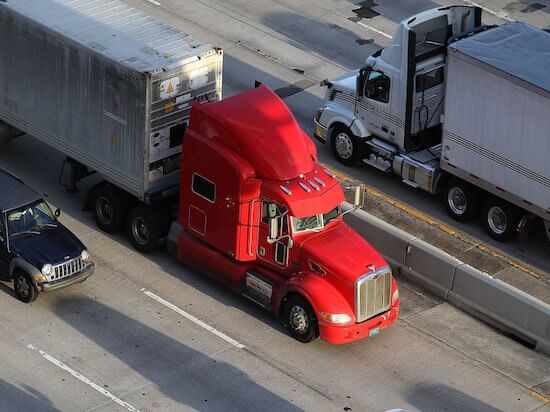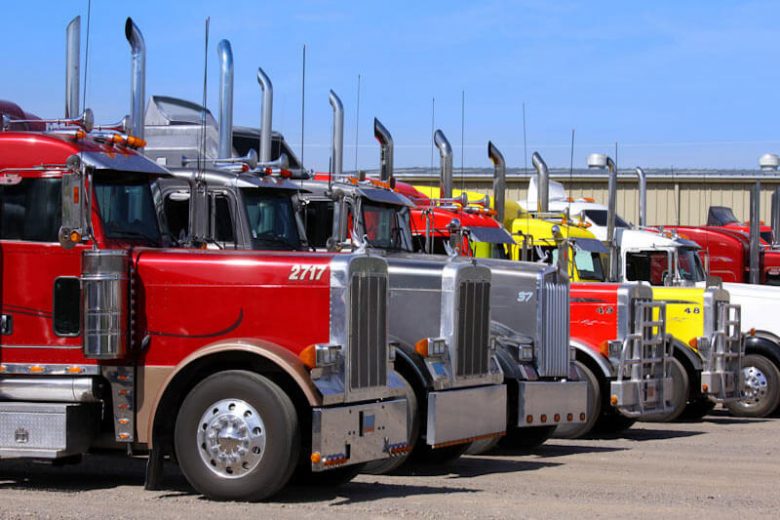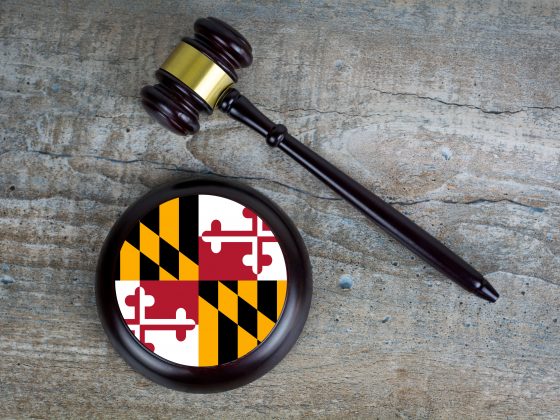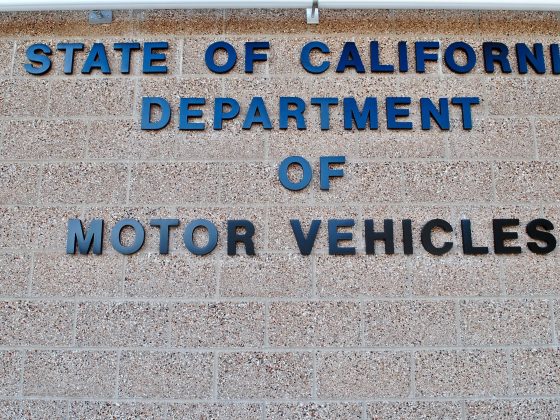Unified Carrier Registration is now open for 2019 and 2020. Motor carriers and a few other entities that operate across state lines have to register to continue doing business interstate. This registration program is federally-mandated and state-administered, so it’s important you calculate your UCR fees appropriately depending on the kind of transport company you own or operate as a fleet manager.
Use eTags© to Quickly Complete Your DMV Service. Renewals, Title Transfers and More, All Online!

Calculating unified carrier registration fees
UCR 2020 fees are connected to U.S. DOT numbers. Motor carriers are required to register for one if they engage in interstate travel and meet a few criteria such as transporting over 8 passengers, weighting over 10,001 pounds, transporting hazardous materials and more.
Motor carrier and transport broker, now what?
Some transportation companies are registered with U.S. DOT to perform more than one function. For example, one entity can be both a motor carrier AND a transport broker helping to coordinate shipping efforts and transport needs. Sometimes these types of companies hold multiple U.S. DOT numbers by one entity, sometimes they’re represented by separate affiliated companies under ONE corporate family.

If one single legal entity holds more than one U.S. DOT number, representing various functions, such as the above example, then the business combines those two in one single UCR registration. For motor carriers and freight forwarders, it’s important to remember that unified carrier registration fees are calculated according to how many vehicles they operate. But in the case of brokers and leasing companies who don’t operate vehicles at all, they’ll pay the lowest level of UCR fees.
One single entity, multiple U.S. DOT numbers
When one single entity holds multiple U.S. DOT numbers representing multiple functions, that entity HAS TO register as a motor carrier, most commonly to be liable for the highest UCR fees applicable to the function it holds. The purpose of this is that so no transport company escapes the appropriate fee for the amount of vehicles it operates.

Multiple U.S. DOT numbers, multiple legal entities
However, if several U.S.DOT numbers are held by more than one legal entity, each of those separate entities must register for their unified carrier registration separately and pay UCR fees separately for each. So if one parent transport company has a U.S. DOT number for their trucking business, one for their brokerage firm, and one for leasing; each one of those is subject to their own UCR fees.








